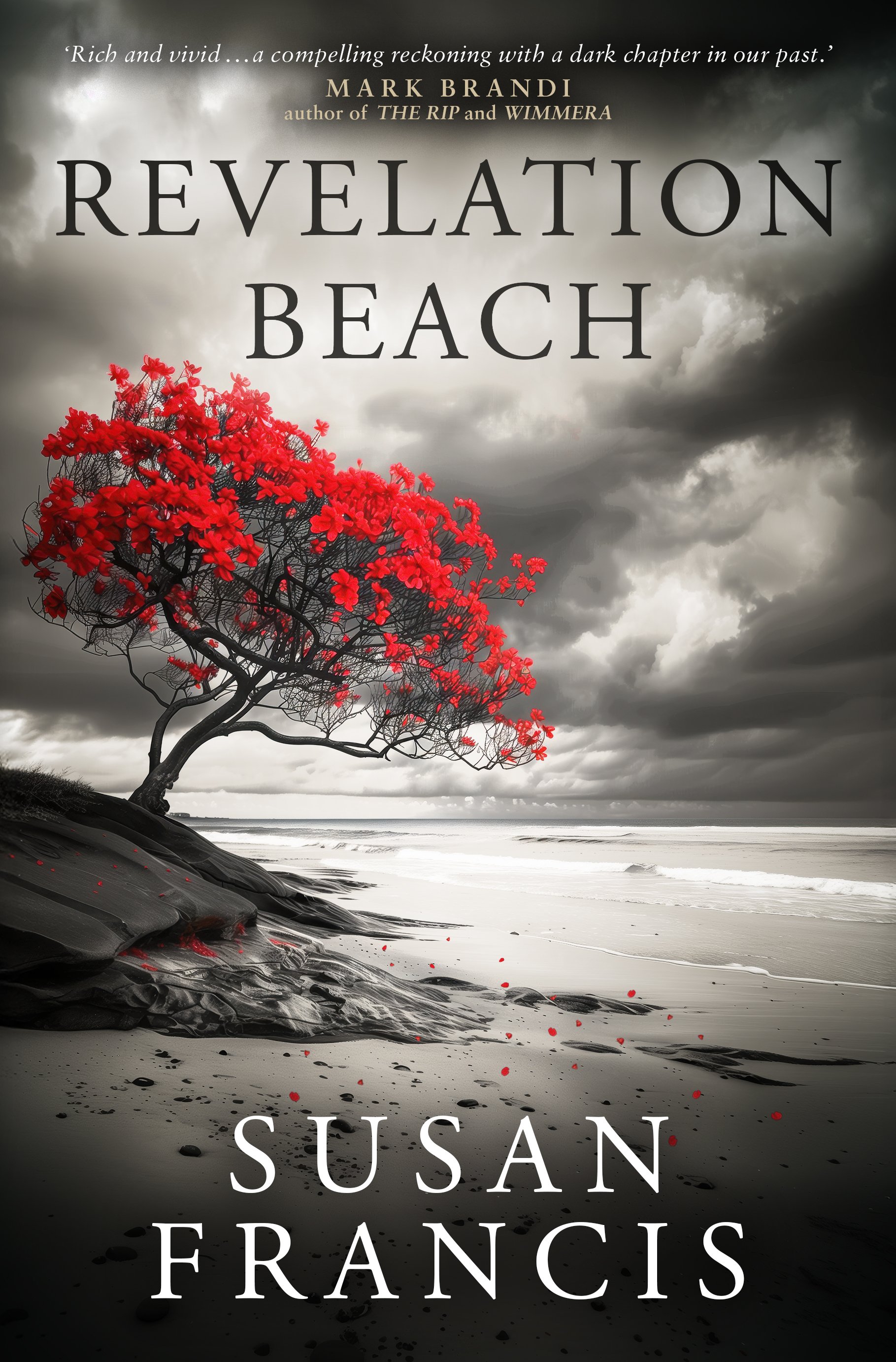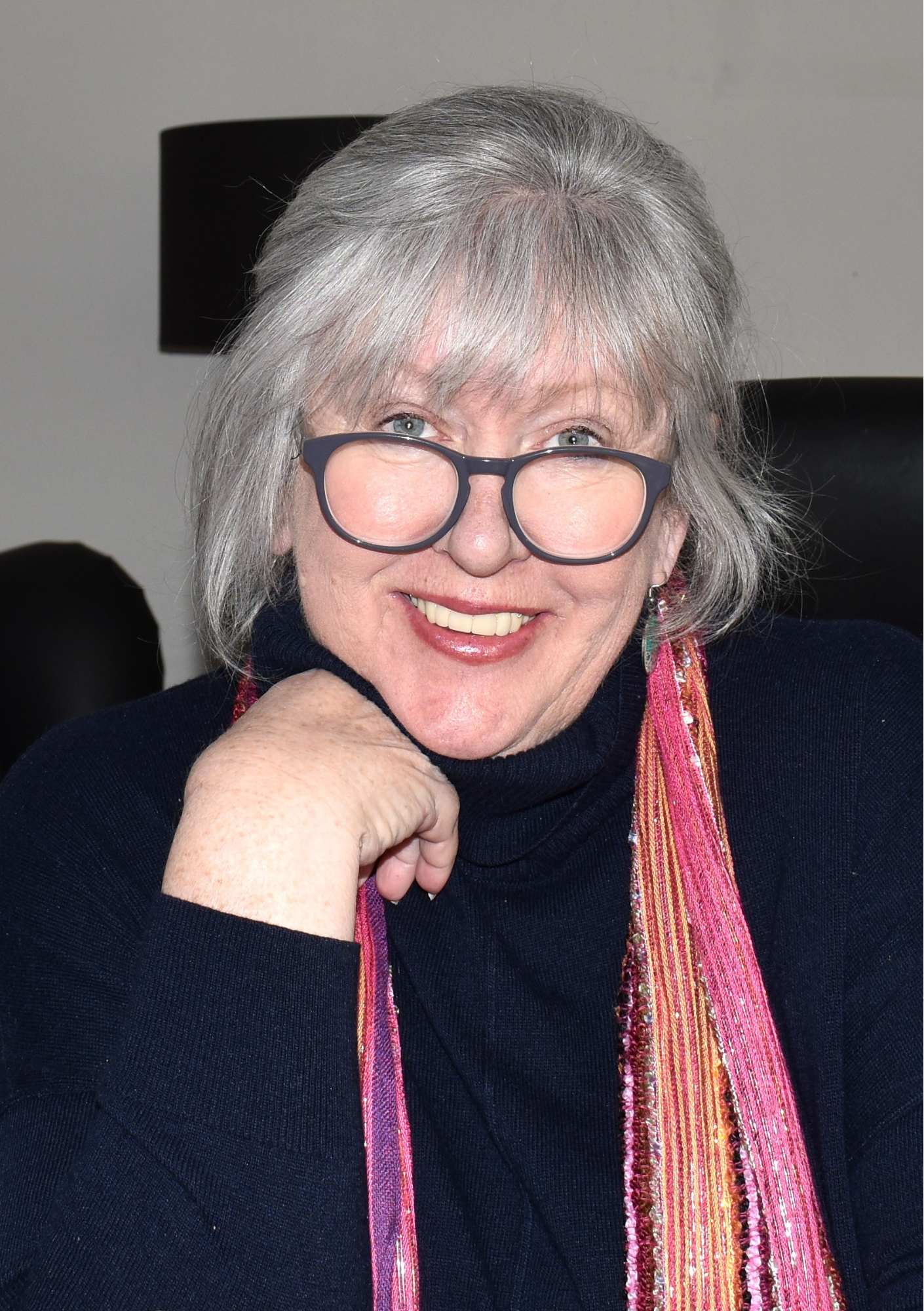Q&A with author Susan Francis
Revelation Beach is more than a novel — it’s a story about truth, loss, and the power of bearing witness. We asked Susan Francis to share her thoughts on writing the book, the legacy of the Balibo Five, and the personal experiences that shaped her characters.
How close to the bone is Revelation Beach? Did you ever worry you were saying too much about something no one wanted remembered?
I was never worried I was saying too much about something no one wanted remembered. My driving purpose, from the very beginning, was to create a highly commercial novel — for the very reason of revealing the story to those who might not know it, or had forgotten about it. My greatest fear, my biggest concern always, was that I would not do justice to the story of the journalists and the East Timorese people.
How close to the bone is it? In addition to months of intensive research and trying to condense the challenging specifics surrounding Indonesia’s invasion of East Timor and the execution of the Balibo Five, I spent a week in the National Library (thanks to a Neilma Sidney grant from Writers Victoria) reading through Jill Jolliffe’s files. Jill was a great Australian journalist — determined, principled — who was also in East Timor in 1975 and one of the last people to see the journalists alive. So, in her name, I hope I’ve not left out anything pertinent. I hope I haven’t cut too close to the bone.
But it’s also important to remember that Revelation Beach is a novel. It’s about a fictional interpreter, who has a fictional stepmother and a fictional husband. That said, as Eleanor learns the truth about what happened during the invasion, what happened to the journalists, and the role of the Australian government in covering that up — so too does the reader.
Is there a part of you in Eleanor — and what parts of her did you find hardest to live with while writing?
Some parts of Eleanor are indeed me. I’ve written extensively about my adoption, and the sense of abandonment that is never reconciled because of rejection from the one person in the world who should have loved you unconditionally. I’ve chosen some poor romantic partners over the years in an effort to replace that feeling of never being good enough. I call it love at whatever cost…
Eleanor’s mother died giving birth to her. Then her father died when she was five. So she was raised by her stepmother, Ida, who unaccountably disappears for twenty-two years. In her deepest heart, Eleanor believes she was a burden on Ida, and that is why her stepmother went missing. Consequently, she trusts very few people and chooses the wrong man to marry.
What did I find hardest to live with while writing Eleanor?
I became annoyed when she was a little whingy. When Cathi, my publisher, and I were going through the final proofs I said to her, ‘We need to delete this section, Eleanor is whining too much. I can’t stand it.’ And Cathi said to me, ‘You don’t have to like your characters, you know. Not all the time.’ I thought she made a very good point.
Why did you choose to make your protagonist an interpreter — someone who literally speaks for others?
When I first started writing the book I knew that Eleanor had to be Australian, but I wanted to set the story in Java and draw on my own experiences living in Surabaya. I read about an interpreter at Nuremberg, a White Russian called Prince George Vassiltchikov, who stuttered in real life but was perfectly fluent when he interpreted. It seemed that for Eleanor this worked perfectly in terms of her character — not only had she been brought up in Java, where outward displays of strong emotion were frowned upon, but she also had a speech impediment. Except when she was doing her job.
Of course, it also works at a deeper level when we start thinking about who is given the right to speak, who we listen to, how we trust what we are told, and how difficult the role of witness to atrocity really is. Language holds power.
What do you want readers to feel when they finish Revelation Beach — grief, rage, hope? Or all of the above?
If just one person finishes the book and thinks to themselves, ‘Oh I didn’t know about those journalists… I didn’t know so many people were killed. I need to look that up,’ then that will achieve what I set out to do.
Ida’s character is a mixture of my mother’s indefatigable sense of duty and the memories I hold of my host mother when I was a student in Surabaya. She had a fierce love and loyalty for all things Javanese. I think I want people to reflect on what duty, loyalty and honesty mean.


